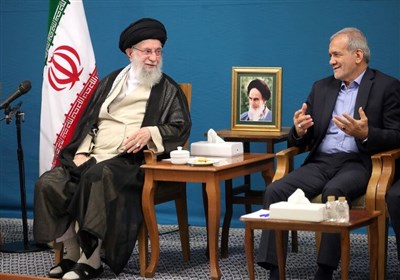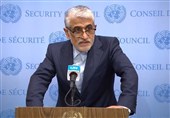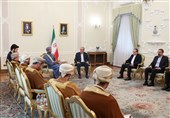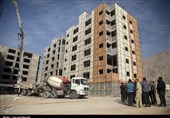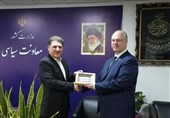Red Crescent Doesn't Expect Fresh Wave of Syrian Refugees into Turkey
TEHRAN (Tasnim) - The Turkish Red Crescent does not expect a fresh wave of Syrian refugees to head for Turkey after the chemical attack in the northwestern province of Idlib earlier this week, the humanitarian organization's head said on Saturday.
Kerem Kinik also told Reuters that a new refugee camp was being prepared in Jarablus, the Syrian border town that Turkey-backed fighters last year took from Daesh.
Turkey is hosting some 3 million Syrian refugees, which Ankara says is the world's largest refugee population. It has also set up refugee camps on the Syrian side of the border, where it is providing aid. Turkish President Tayyip Erdogan has said the West should do more to help Turkey shoulder the humanitarian burden.
"Those who wanted to leave their country have already done so, and others are trying to cling on to life inside," Kinik said in an interview at Turkey's Cilvegozu border gate with Syria, in the southern Hatay province. "At this stage, we are not expecting a new migrant wave. That is not the atmosphere inside."
At least 70 people, including children, were killed in a poison gas attack in rebel-held northwest Syria on Tuesday. Both Washington and Ankara blame the government of Syrian President Bashar Assad. Syria denies it carried out the attack.
The United States on Friday fired cruise missiles at the base from which it said the chemical weapons attack had been launched, a move Erdogan has called a "positive step", but "not enough".
Kinik said convoys were taking tens of thousands of refugees from an area around Homs in western Syria. A camp in Jarablus was being prepared for around 3,500, he said, without saying where the other refugees would be taken.
"We are providing regular humanitarian aid to 5 million people in addition to the 3 million in Turkey. This is mainly in Syria's northern frontier. Our teams are constantly providing help with border support, camps... food and shelter."
The Red Crescent was also supplying 50 medical workers inside Syria with gas masks, filters and other protective equipment so they could treat chemical attack victims without injuring themselves, he said.
The organisation has plans to train rescue workers and others on how to protect themselves in the event of similar attacks in the future. They would then be expected to train civilians, Kinik said.
"There are one million people living in the Idlib countryside. We don't know where such an attack will take place or who will be affected," he said.

